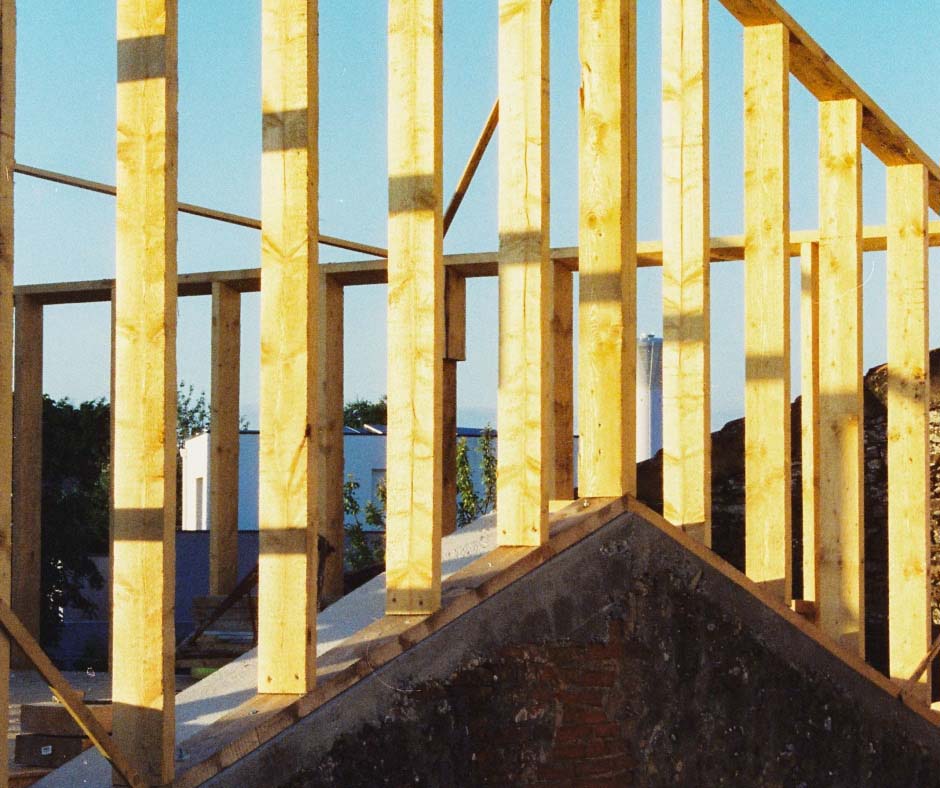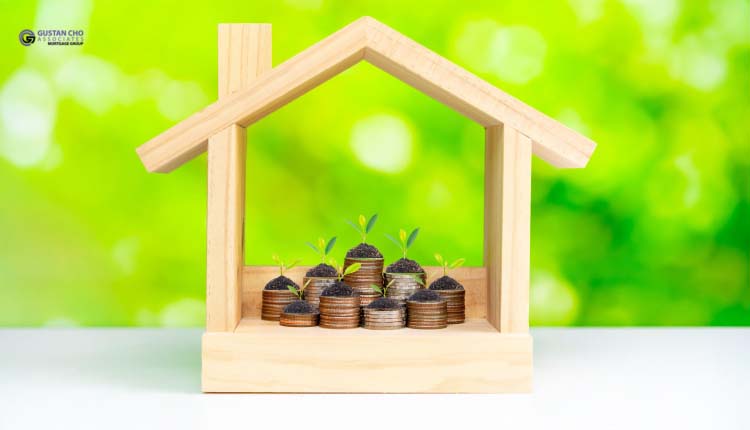This guide covers home repairs. We will thoroughly explain fixing common problems in your home. Your home is your sanctuary, comfort zone, and biggest investment. But remember that it also requires regular maintenance and repairs to keep it in good shape and prevent bigger problems.
Whether you’re a homeowner or a renter, you may encounter common issues, such as leaky faucets, clogged drains, cracked tiles, peeling paint, or squeaky doors.
Some problems may be easy to fix, while others require professional help. In this blog post, we’ll explain home repairs, why they are important, how to do them yourself or hire a pro, and what to avoid when fixing your home. We’ll also give you tips and resources to help you with your house repair projects.
What Are Home Repairs?
Home repairs are the diagnosis and resolution of problems in a home. They are related to home maintenance, a home’s regular upkeep to avoid such problems. Home repairs can involve various aspects of a home, such as plumbing, electrical, carpentry, painting, flooring, roofing, siding, windows, doors, appliances, and more. Home repairs can be classified into two types:
Minor Home Repairs
Smaller fixes don’t require much time, money, or skill. They can usually be done by yourself with basic tools and supplies. Examples of minor repairs are replacing a light bulb, fixing a leaky faucet, unclogging a drain, patching a hole in the wall, or tightening a loose hinge.
Major Home Repairs
These are large-scale fixes that require more time, money, and skill. They may also require permits, licenses, or inspections. They usually need to be done by a professional contractor or handyman. Major repairs include replacing a water heater, rewiring a circuit breaker, installing a new roof, adding an extension, or remodeling a kitchen or bathroom.
Why Are Home Repairs Important?
Home repairs are important for several reasons. They improve the comfort and safety of your home. Fixing any problems affecting your home’s functionality or appearance will make living in the house more comfortable and enjoyable. You can also prevent any hazards that could harm you or your family, such as electrical shocks, water damage, mold growth, fire risks, or structural failures.
Home repairs increase the value and curb appeal of your home. By fixing any problems affecting the quality or attractiveness of your home, you can make it more appealing and desirable to potential buyers or renters.
You can also increase its market value and get a higher return on your investment if you decide to sell or rent it out. They save you money and time in the long run. By fixing any problems that could worsen over time or cause more damage to your home, you can avoid costly and complicated repairs in the future. You can also extend the lifespan and performance of your home systems and appliances and reduce your energy bills and environmental
impact.
What Should I Look Out For?
When it comes to home repairs, being proactive and vigilant is essential. Identify potential issues early to save yourself from costly repairs and prevent further damage. Here are some key things to look out for when it comes to home repairs:
Water Damage Home Repairs
Water damage is one of the most common issues homeowners face. Look for signs like water stains on ceilings or walls, peeling paint, warped floors, or musty odors. These can indicate leaks in plumbing, roof problems, or inadequate drainage. Promptly addressing water damage can prevent mold growth, structural issues, and further deterioration.
Cracks and Settling
Monitor your home for cracks in the walls, floors, or foundation. Small cracks are usually harmless, but larger or expanding cracks can indicate foundation settling or structural issues. Consult a professional if you notice significant cracks to determine the cause and recommend appropriate repairs.
Electrical Problems
Electrical issues pose serious safety hazards. Look out for flickering lights, frequently tripped circuit breakers, outlets that feel warm to the touch, or buzzing sounds. These signs may indicate overloaded circuits, faulty wiring, or outdated electrical systems. Hiring a licensed electrician to assess and repair any electrical problems is crucial to ensure the safety of your home.
Pest Infestations
Pests like termites, ants, rodents, or insects can wreak havoc on your home. Look for signs of infestation, such as droppings, chewed wires or furniture, or holes in woodwork. Timely action is essential to prevent extensive damage. Hire a professional pest control service to address infestations and implement preventive measures.
Roofing Issues
Your roof is your home’s first defense against the elements. Inspect your roof regularly for sagging areas, missing or damaged shingles, or signs of leaks, such as water stains in the attic. Roofing problems can lead to water damage, mold growth, or compromised structural integrity. Contact a reputable roofing contractor for inspection and repairs if you notice any issues.
HVAC System Performance
Pay attention to the performance of your heating and cooling systems. Unusual noises, insufficient cooling or heating, or increased energy bills can indicate problems with your HVAC system. Ensure that you consistently arrange maintenance appointments and inspections to uphold optimal efficiency and prevent any breakdowns in your HVAC system.
Aging Infrastructure Home Repairs
If you live in an older home, you must know about aging infrastructure. This includes outdated plumbing, electrical systems, or appliances. Watch for warning signs such as corroded pipes, frequent electrical issues, or inefficient appliances. Updating these systems can improve safety, energy efficiency, and overall functionality.
Clogged Gutters and Drainage
Clogged gutters can cause water to overflow, leading to water damage and potential foundation problems. Regularly clear debris from your gutters and downspouts to ensure effective water flow away from your home. Additionally, inspect the grading around your property to ensure proper drainage to avoid water accumulation near the
foundation.
How to Do Home Repairs Yourself
If you’re handy and confident enough to do some home repairs yourself, here are some steps and tips to follow:
Identify the problem. The first step is to identify the problem and its cause. You can use various methods to diagnose the problem, such as visual inspection, testing with tools or devices (such as a multimeter), or consulting online guides or manuals.
Gather the Tools and Materials For Home Repairs
The next step is to gather the necessary tools and materials for the repair. You should have some basic tools (such as a hammer, screwdriver set, pliers, adjustable wrench, tape measure, and utility knife) and any specialized tools or materials specific to the repair you’re undertaking. If necessary, ensure you have safety equipment like goggles, gloves, and a dust mask.
Research and Educate Yourself
Before starting the repair, take the time to research and educate yourself about the specific repair process. Watch tutorial videos, read step-by-step guides, and consult reputable online sources or manuals related to the repair task. A clear understanding of the process will help you complete the repair effectively and safely.
Follow Safety Precautions During Home Repairs
Safety should always be a priority when doing home repairs. Ensure you turn off the power supply or shut off the water source before working on electrical or plumbing repairs. Use proper safety equipment, follow instructions carefully, and exercise caution throughout the repair process.
Start Small and Gain Experience
If you’re new to DIY repairs, starting with smaller and simpler tasks is best to build your skills and confidence. Tackling minor repairs like replacing a doorknob, fixing a leaky faucet, or replacing a light switch can be great starting points. As you gain experience and proficiency, you can gradually take on more complex repairs.
Know Limitations Before Starting Home Repairs
While it’s empowering to do your repairs, it’s essential to recognize your limitations. Some repairs may require specialized skills, knowledge, or equipment that you may not possess. In such cases, hiring a professional is wise to ensure the job is done correctly and avoid causing further damage or safety risks.
Maintain a Well-Stocked Toolkit
As you embark on your DIY repair journey, having a well-stocked toolkit that includes essential tools and supplies is crucial. This will allow you to tackle many repairs without running to the store each time. Keep your tools organized and in good condition, and replenish any depleted supplies promptly.
Taking on home repairs can save you money and provide a sense of accomplishment. You can gradually expand your skills and confidence by following proper research and safety precautions and starting with smaller tasks.
However, it’s important to recognize when a repair exceeds your abilities and seek professional help. Maintaining a well-stocked toolkit and staying proactive with regular maintenance will contribute to the longevity and functionality of your home. Remember, DIY repairs can be rewarding, but your home’s safety and integrity should always be the top priorities.









